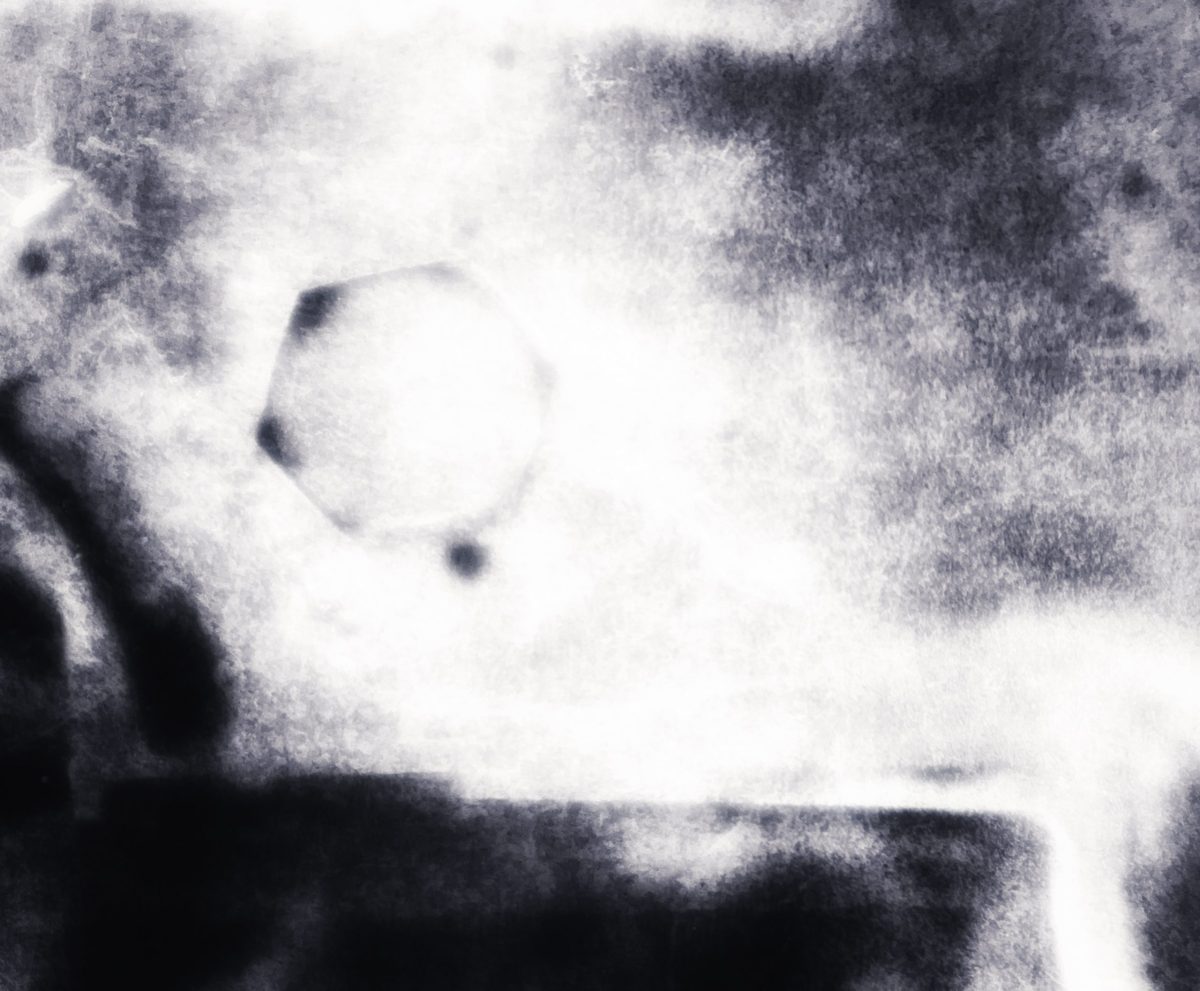Founder, psychotherapist and coach Duncan E. Stafford is worrying about ADHDers and celebratory times. On the other side of the pond, in the US, my British–American family are preparing to commemorate Thanksgiving (with awareness of indigenous sovereignty). It’s one of those times when people come together, eat, drink and celebrate. Of course, there are, for many people in the UK, other celebratory occasions coming up …
(5 minute read)
As a neurodivergent adult or child, celebrations like birthdays, weddings, Christmas, Bar/Bat Mitzvahs, Eid and Diwali – to name just a few – can become very challenging times. They are also about enjoying occasions with other people and can bring excitement and joy. However, these sorts of shared events, as ADHDers know, may also trigger overwhelm and stress, and encourage emotional outbursts of one kind or another.
Challenges for ADHDers
Celebratory events can bring sensory overload. Think, for instance, of the bright lights and loud music or noise from tightly packed spaces. These sorts of factors can make for difficulties with “filtering” and thereby lead to overwhelm, exhaustion and, of course, irritation.
Celebratory events, while being enjoyable for many, also bring disruption to routines – something that can be particularly difficult for ADHDers who rely on routine for self-care management. One late night out of routine can lead to irregular patterns and disrupted schedules, which quickly escalate to fatigue and becoming unable to manage your emotional responses.
Social expectation
Socialising can bring considerable demands on ADHDers; continuing polite conversations beyond your own limits or feeling the need to conform to social conventions can really “up the pressure” on the individual. Yes, sitting at a table for extended periods while conforming to social norms such as listening without constantly interrupting others, keeping track of themes or staying on topic can be remarkably tiring and create internal stress of all sorts.
The good side?
Of course, such events are also full of novelty, stimulation, relatedness and, if fully engaged with, ADHDers might even get involved in a bit of pleasurable hyperfocus and positively become the life and soul of the party.
What can ADHDers do to survive celebrations?
Planning and preparation can be very helpful at times of celebration. Simplify preparations into small tasks like buying presents over a defined period, rather than expecting yourself to do it all in one mammoth, dopamine-absent shopping trip.
When it comes to the event itself, create your own timeline. Arrival and exit times – the book ends of an occasion – can often be within your own control. Also, plan your downtimes and escapes within an event. Trips to the bathroom, e.g., can be a saving grace. Taking a few moments to be on your own or reasonably silent are often a possibility – even if only when you are waiting at the bar or buffet. If you are someone who finds events difficult, spread out these “downtime moments” to get you through the entire event – allowing you to see the whole as a series of short stages.
The closer you are to the action the more stimulating it is likely to be, so take breaks from the noise, light and energy of others from time to time. Don’t forget fidget gadgets, but go careful on the things that stimulate and exacerbate hyperactivity and emotions.
If occasions and cultural demands allow it, say “no” when you need to and let the people closest to you know your needs. What’s fun for some is a challenge for others and it is often okay to skip part of an event if people know why you are doing so.
Embrace self-compassion and acknowledge your feelings, as this can help to minimise feeling judged and reduce self-imposed stress. Finally, prioritise and look forward to the bits of celebrations that you like – dance if you want to, but check that’s what other people will be doing, too!
The end of the year?
Members of Attention Allies come from, and work with, a wide variety of backgrounds, ethnicities and cultures. During 2024 we have heard in sessions about ADHDers’ celebrations – some of which were just as they had hoped for, while others became a challenge. Towards the end of this calendar year and into the beginning of the next, they will be heading towards, for example, Christmas, Hanukkah, Bodhi Day, Shōgatsu, Kwanzaa and Pancha Ganapati hopefully with new skill sets and tools to be successful in their celebrations. For me? I will be sitting down to a feast with my nearest and dearest on the longest night of the year to celebrate the start of Yule (one of the oldest events in December) warming my way to 2025. While I’m glad to celebrate, it’s also something I enjoy doing relatively quietly. Good cheer!
Click the links if you’d like to visit Duncan’s therapy website or her directory entry on Attention Allies.
Published 25 November 2024
All rights reserved © Copyright Duncan E. Stafford 2024. Unauthorised use and/or duplication of this material without express and written permission from the author of this post is strictly prohibited. Author contact via website Contact page.
Website version and image © Copyright Attention Allies 2024.


